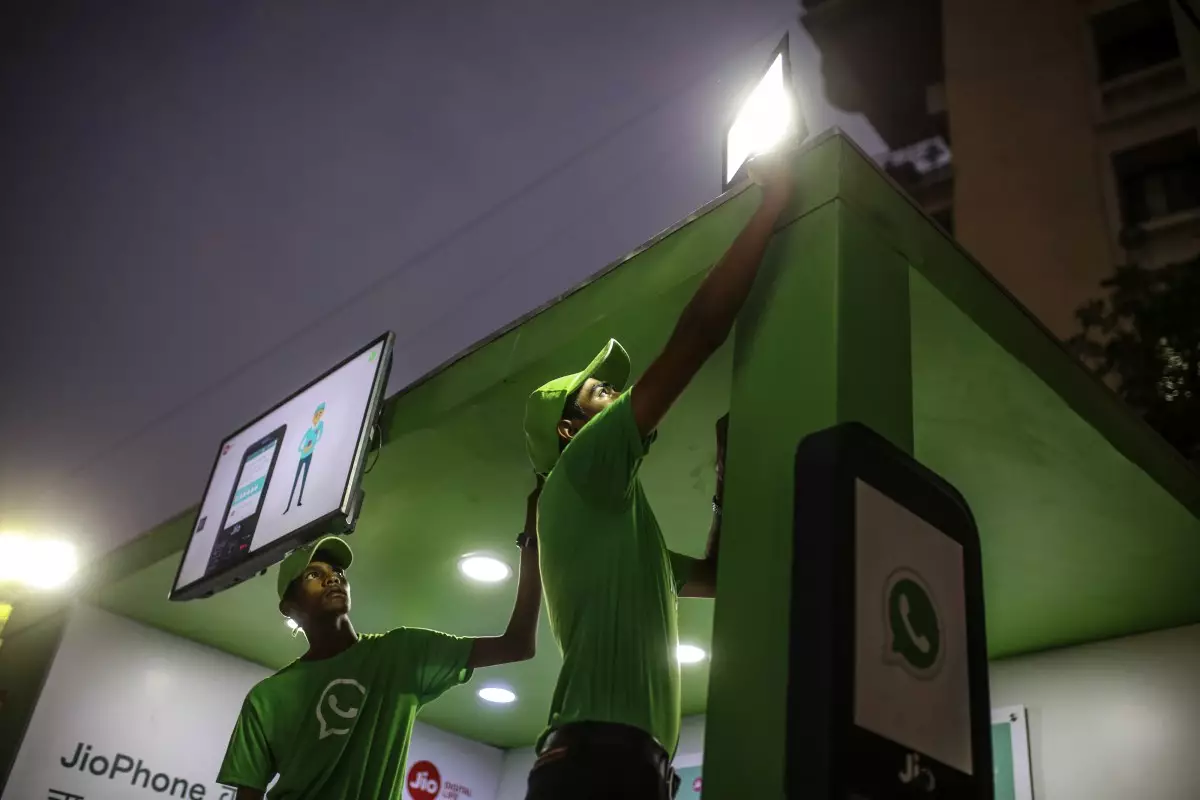In a groundbreaking development, WhatsApp has received the green light to launch its payment service—WhatsApp Pay—across India, marking a significant milestone for Meta, the parent company of WhatsApp. The National Payments Corporation of India (NPCI) has announced that the previous restrictions on user access have been lifted, allowing WhatsApp to harness its vast user base of over 500 million individuals in the nation. This regulatory shift represents a substantial victory not just for WhatsApp, but also indicates a broader movement in India’s financial technology landscape towards inclusivity and competition.
Previously, NPCI had imposed a ceiling on the number of users that could qualify for WhatsApp Pay, initially limiting it to 40 million in 2020 and later extending it to 100 million by 2022. This cautious strategy aimed to ensure stability and prevent monopolistic practices within India’s expanding digital payment ecosystem. However, the new decision to remove these limits demonstrates NPCI’s growing confidence in WhatsApp’s capabilities to handle issues of scale and security as it looks to compete against established players like Google Pay and PhonePe, which together control a staggering 85% of the UPI transactions.
India’s Unified Payments Interface (UPI) is a cornerstone of digital transactions in the country, processing over 13 billion transactions each month. This robust backdrop sets the stage for WhatsApp’s entry into the marketplace, particularly as consumers increasingly seek seamless payment options integrated with platforms they already actively use. The service will enable users to conduct transactions for a variety of purposes, including bill payments and shopping, thereby enhancing their overall digital experience.
This regulatory shift could intensify competition within the market, where the dominance of incumbents has raised concerns regarding concentration and consumer choice. The NPCI has stated it will postpone the implementation of a 30% cap on any individual app’s UPI market share for an additional two years, until the end of 2026. This delay indicates an acknowledgment of the need to foster a more competitive environment before introducing restrictions on market dominance.
WhatsApp has articulated its commitment to providing users with a digital payment solution that is not only simple and efficient but also secure and reliable. The spokesperson emphasized their intent to enhance users’ daily lives through various use cases. With the official removal of the user cap, WhatsApp aims to significantly contribute to financial inclusivity, targeting demographics that may not have previously engaged with digital payment methods.
This initiative aligns with the broader vision of empowering individuals across socioeconomic strata in India by making digital payment systems more accessible. As India continues to evolve towards a more digitized economy, WhatsApp’s entry into the payments sector could usher in an era where consumers enjoy greater convenience and efficiency in their financial transactions.
WhatsApp’s expansion into the digital payments arena signifies not just a win for Meta but also promises to reshape the competitive landscape of fintech in one of the world’s largest markets. As the company layers on additional functionality, it remains to be seen how this new player will navigate the complexities of user engagement and market dynamics in an increasingly crowded space.

